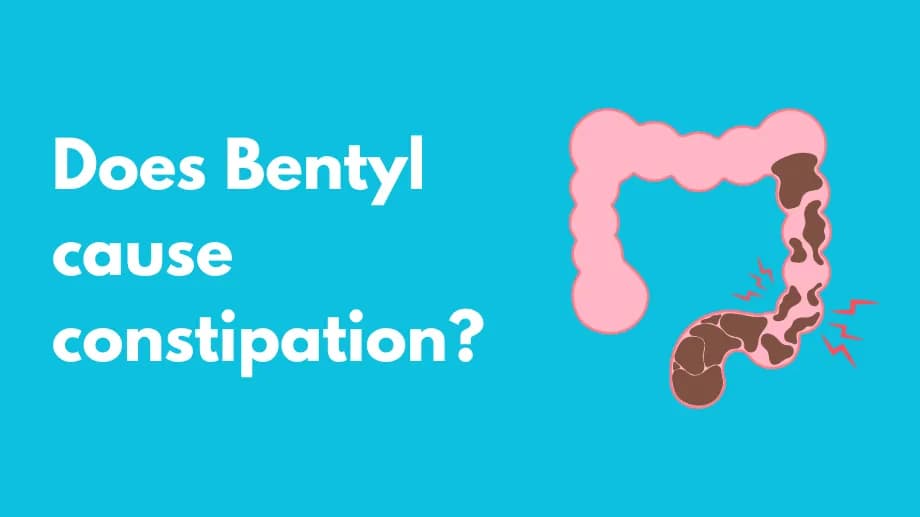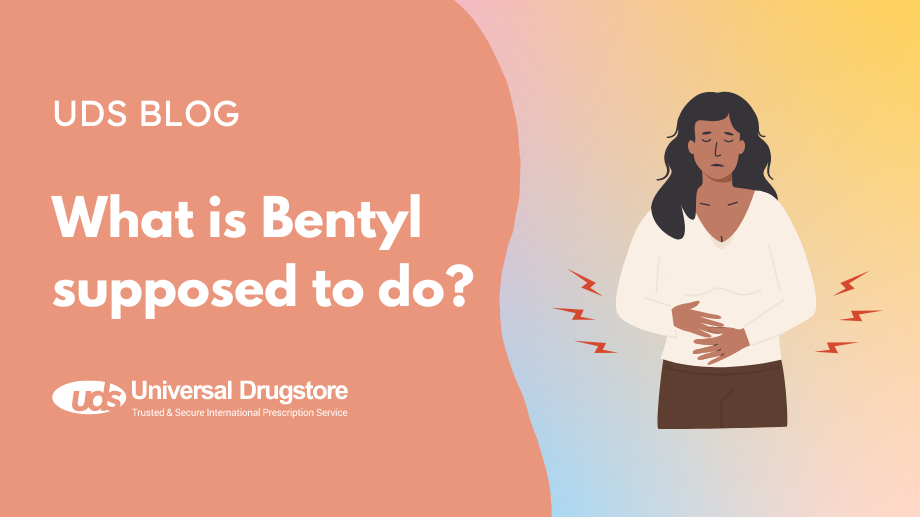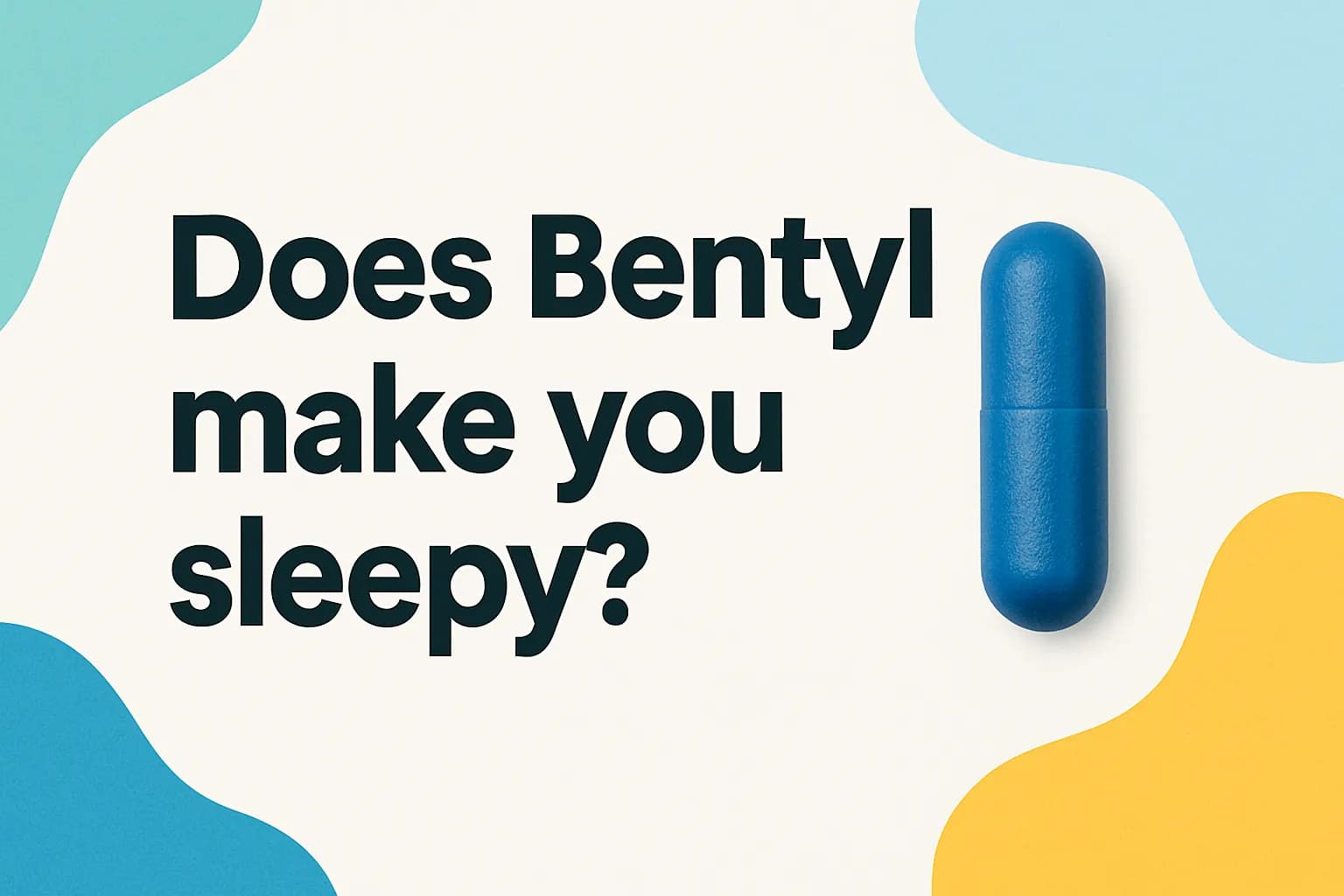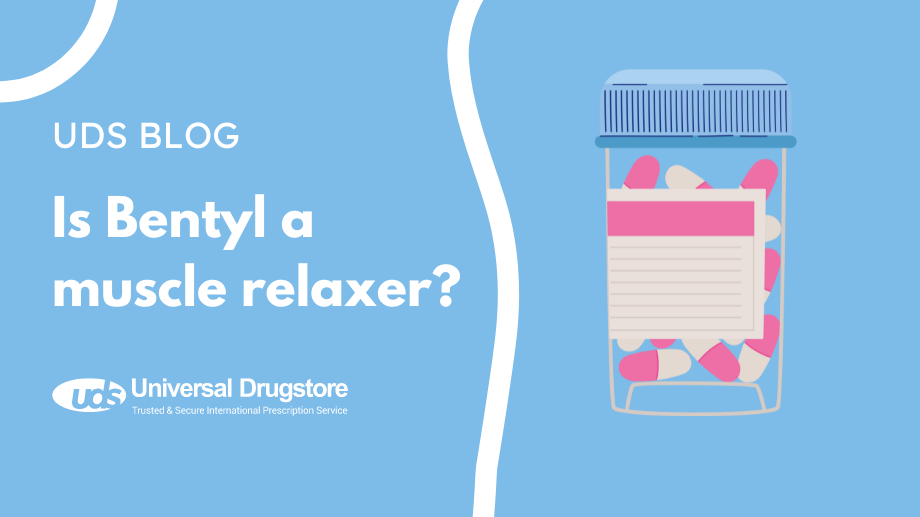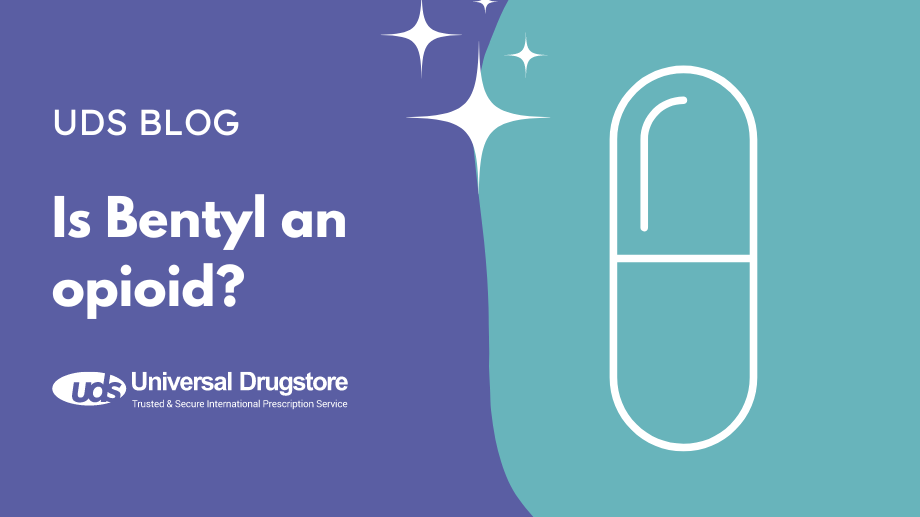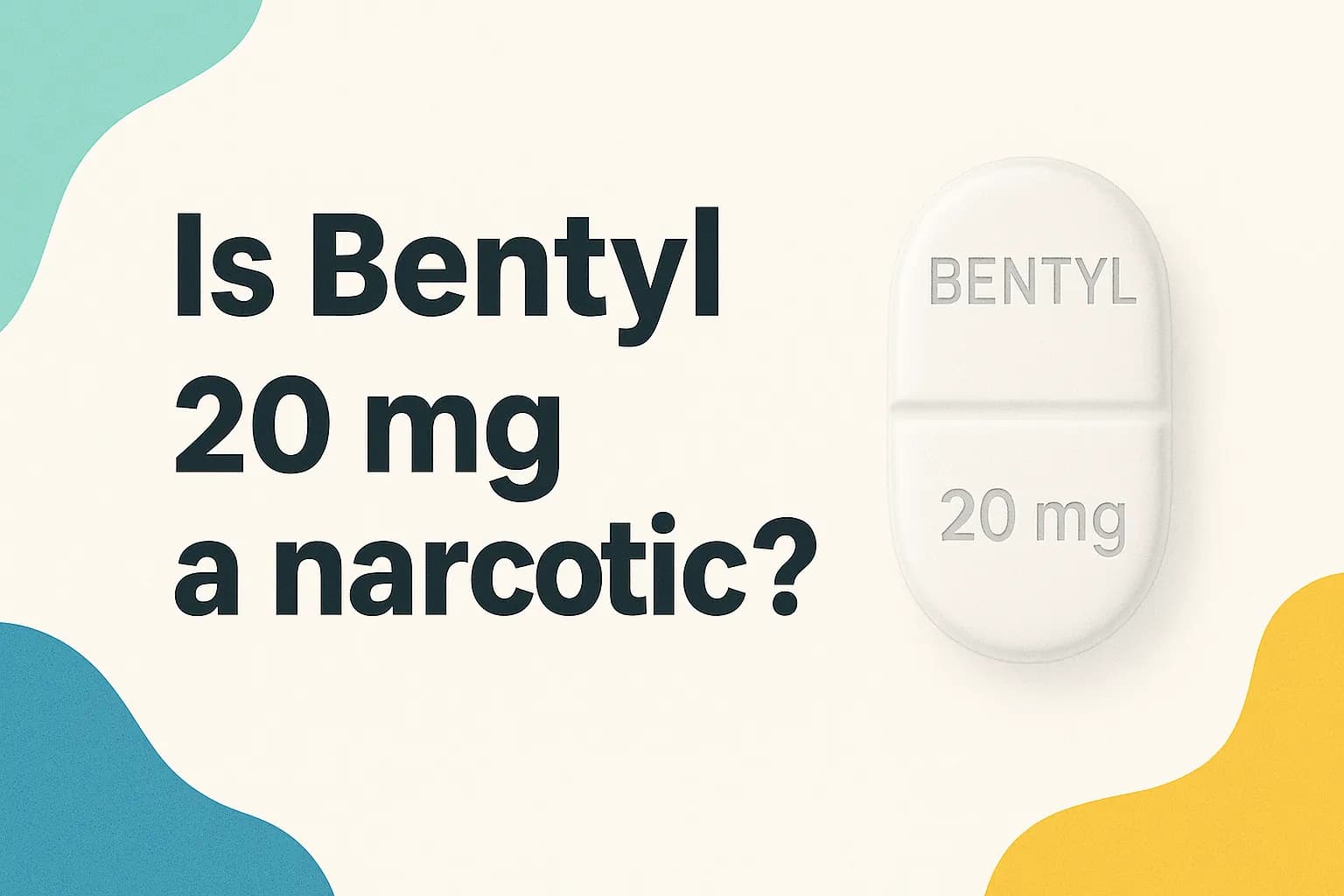Is Bentyl a muscle relaxer?
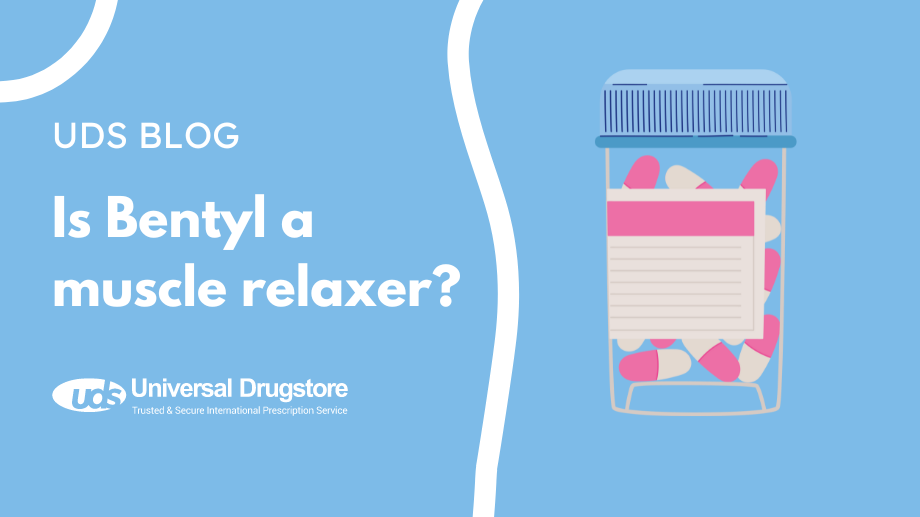
Muscle relaxers are prescription medications that help regulate muscle contraction (tightening) to relieve pain and discomfort caused by muscle spasms and spasticity (stiffness). They are the third most prescribed medication for low back pain. Muscle relaxers are also used to treat certain symptoms of other conditions such as cerebral palsy, multiple sclerosis (MS), stroke, amyotrophic lateral sclerosis (ALS), also known as Lou Gehrig’s disease, and spinal cord, head, or brain injury.
Bentyl (dicyclomine hydrochloride) is a smooth muscle relaxant and antispasmodic that is used to treat irritable bowel syndrome (IBS). It directly affects the muscles of your gastrointestinal tract (stomach and intestine) by blocking acetylcholine to help relieve IBS symptoms such as cramping, bloating, and abdominal pain. It does not, however, relax your skeletal/voluntary muscles like the typical muscle relaxers.
Bentyl FAQs
What are the side effects of dicyclomine?
The most common side effects of Bentyl include:
- Dizziness or lightheadedness
- Dry mouth
- Blurred vision
- Nausea
Some other less serious side effects of Bentyl that may occur include:
- Drowsiness
- Weakness
- Nervousness
Serious side effects requiring immediate medical attention include:
- Serious allergic reactions (rash, hives, swelling, trouble breathing)
- Increased heart rate
- Mood changes (confusion, memory loss, hallucinations)
- Bodily function changes (constipation, dry mouth, reduced sweating)
- Severe muscle weakness
- Trouble urinating
- Gut problems (severe inflammation, blockages)
You should always seek medical advice for any concerns about Bentyl. Report side effects to the FDA at www.fda.gov/medwatch or call 1-800-FDA-1088.
What drug interactions are there with Bentyl?
Bentyl may interact with other medications, including:
- Antacids (calcium carbonate)
- Anticholinergic drugs (atropine, glycopyrrolate)
- Antiarrhythmics (amiodarone)
- Antidepressants (tricyclic antidepressants, MAOIs)
- Benzodiazepines (diazepam)
- Antipsychotics (prochlorperazine)
- Corticosteroids (prednisone)
- Medications affecting stomach emptying (metoclopramide)
- Glaucoma drugs (latanoprostene)
- Antihistamines (diphenhydramine, doxylamine)
How should Bentyl be stored?
Store Bentyl in a tightly closed bottle at room temperature, 68°F to 77°F (20°C to 25°C), and away from moisture.
Does Bentyl make you sleepy?
Yes, drowsiness is a common side effect of Bentyl. Avoid activities requiring alertness until you know how it affects you.
Can you drink alcohol while taking Bentyl?
Alcohol can worsen Bentyl’s side effects and IBS symptoms. Discuss alcohol use with your healthcare provider.
Is Bentyl safe to take while pregnant or breastfeeding?
Bentyl should only be used during pregnancy if clearly needed and is not recommended while breastfeeding. Discuss with your healthcare provider.
Should you take dicyclomine with or without food?
Take Bentyl on an empty stomach, 30 to 60 minutes before meals.
Is Bentyl effective?
Studies show Bentyl can effectively reduce IBS symptoms such as abdominal pain and improve bowel habits.
Related Medications
- Levsin SL (hyoscyamine sulfate)
- Amitiza (lubiprostone)
- Linzess (linaclotide)
- Viberzi (eluxadoline)
- Xifaxan (rifaximin)
- Imodium (loperamide)
Sources
- Page JG, Dirnberger GM. Treatment of the irritable bowel syndrome with Bentyl. J Clin Gastroenterol. 1981.
- Dicyclomine hydrochloride. DailyMed. Accessed June 18, 2024.
- Irritable bowel syndrome. National Institute of Diabetes and Digestive and Kidney Diseases. Accessed June 18, 2024.
- Dicyclomine. Medscape. Accessed June 18, 2024.
